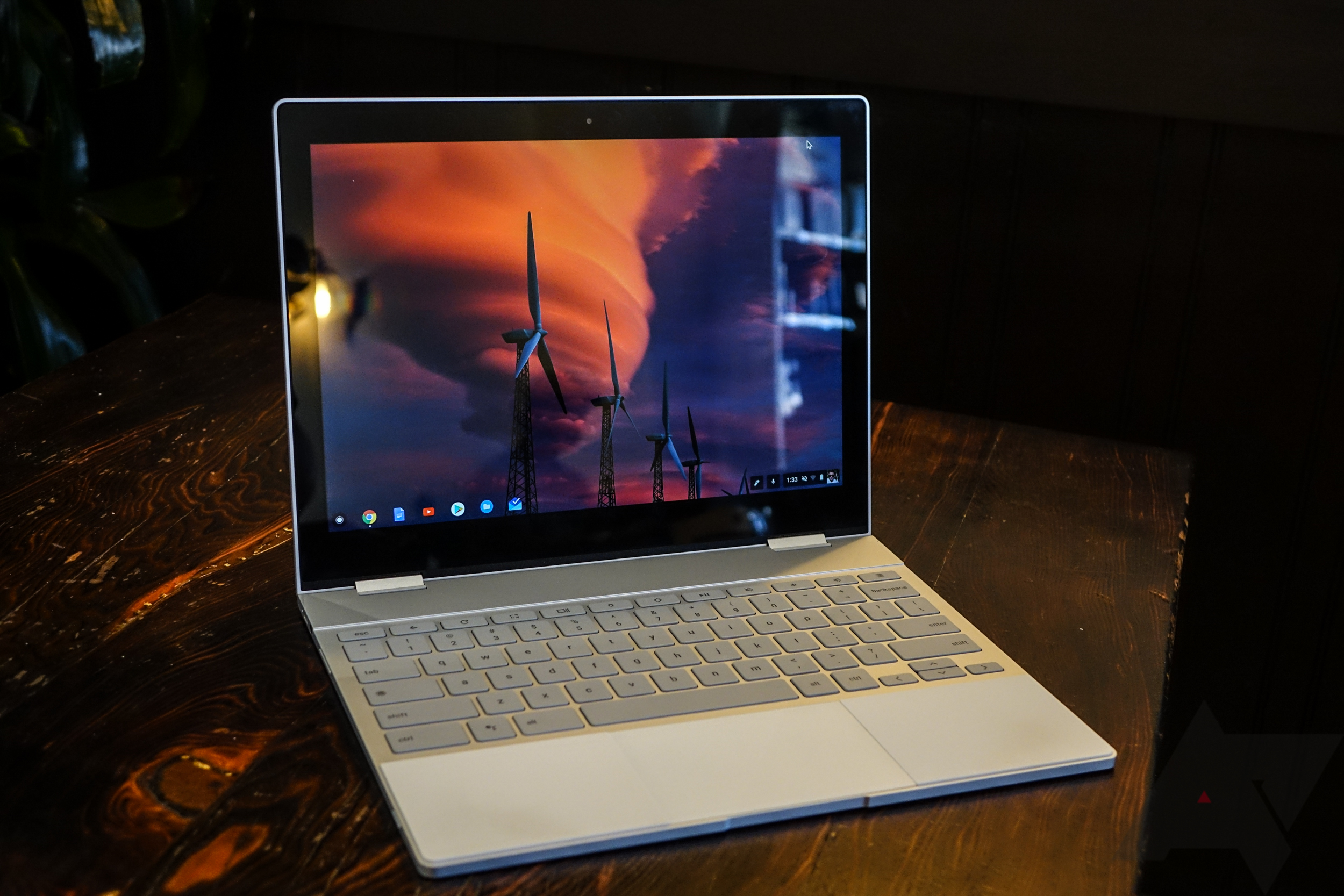Read update
- As mentioned in the comments, and pointed out by Chrome Unboxed, one Chrome OS developer uploaded two screenshots of what the container feature will look like. It shows a popup with the description, "Develop on your Chromebook. You can run your favorite Linux apps and command-line tools seamlessly and securely."
Even though Chrome OS is based on Linux (Gentoo Linux, to be exact), you can't run traditional desktop Linux applications. One solution to this problem is Crouton, a script that sets up a chroot of Ubuntu or Debian Linux on top of Chrome OS. While this does allow many people to use Chrome OS who otherwise couldn't, it's a hacky solution and requires enabling Developer Mode (which turns off most of Chrome OS' security features).
A new commit on the Chromium Gerrit has come to light, with the name "New device policy to allow Linux VMs on Chrome OS." The specific code adds a 'Better Together' menu in the Chrome OS settings, and allows IT administrators to turn the feature on or off.
Of course, the big news is that Chrome OS will almost certainly support running Linux applications at some point. That opens up a huge range of software, from open-source favorites like GIMP and LibreOffice, to Linux-compatible Steam games like Civilization V and Rocket League. Potentially, users could even install Wine to run some Windows programs.
One line of code in the commit's json file reveals Google is targeting the feature for Chrome OS 66, expected to be released on April 24. Chrome Unboxed believes Linux containers might be announced at Google I/O 2018, which is scheduled for May 8-10. Considering this would be a huge deal to developers, and I/O is a developer event, that seems very plausible.
While this could definitely help Chrome OS become even more practical in real-world usage, it does continue to erode the simplicity that Chromebooks had for so long. The addition of Android app support was a huge plus, but app data and files are now spread across two file systems, and Linux container support would only add to that.
UPDATE: 2018/02/26 9:53am PST BY
As mentioned in the comments, and pointed out by Chrome Unboxed, one Chrome OS developer uploaded two screenshots of what the container feature will look like. It shows a popup with the description, "Develop on your Chromebook. You can run your favorite Linux apps and command-line tools seamlessly and securely."
It sounds like the feature will mimic the Windows Subsystem for Linux, which allows Windows 10 users to run a containerized Linux distribution. While WSL only (officially) allows terminal applications to run, the description sounds like both desktop and command-line apps will run on Chrome OS.
Via: Chrome Unboxed
Source: Chromium Gerrit

